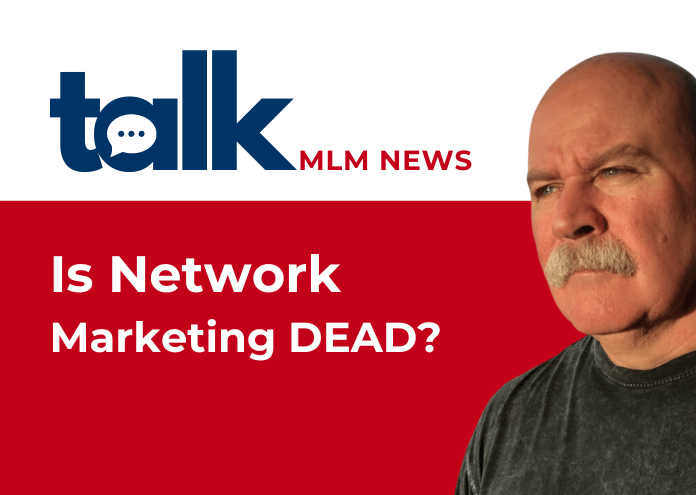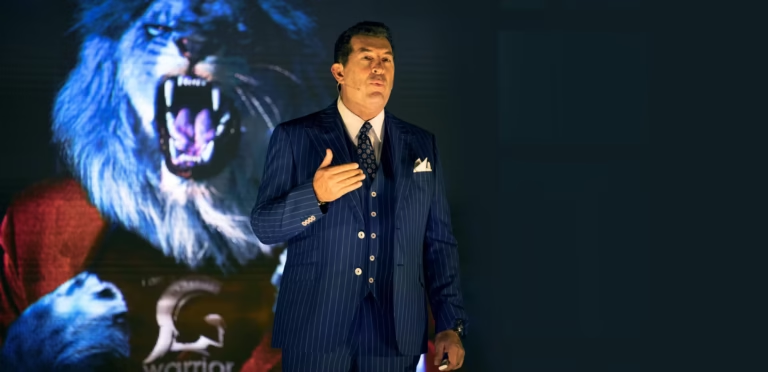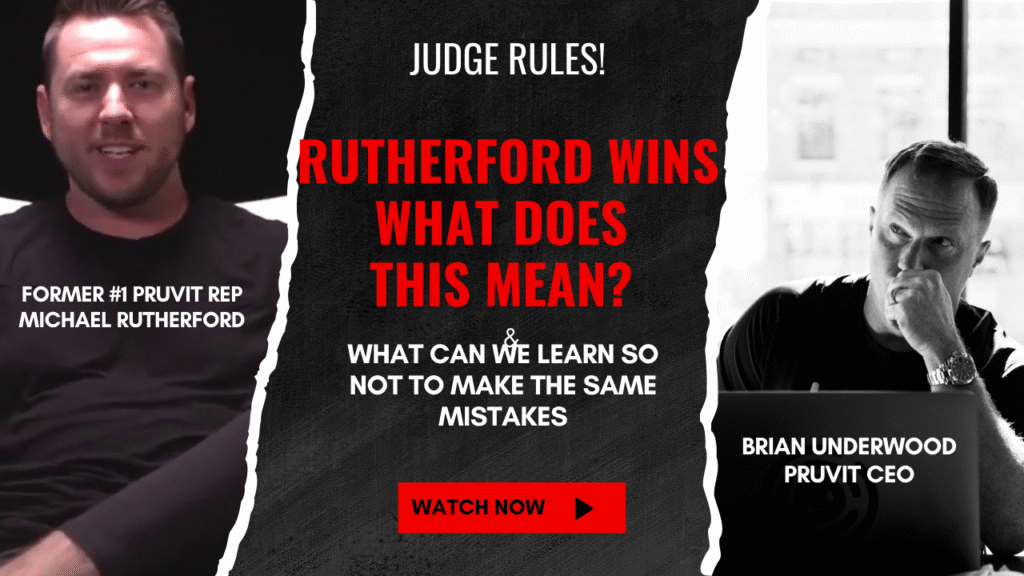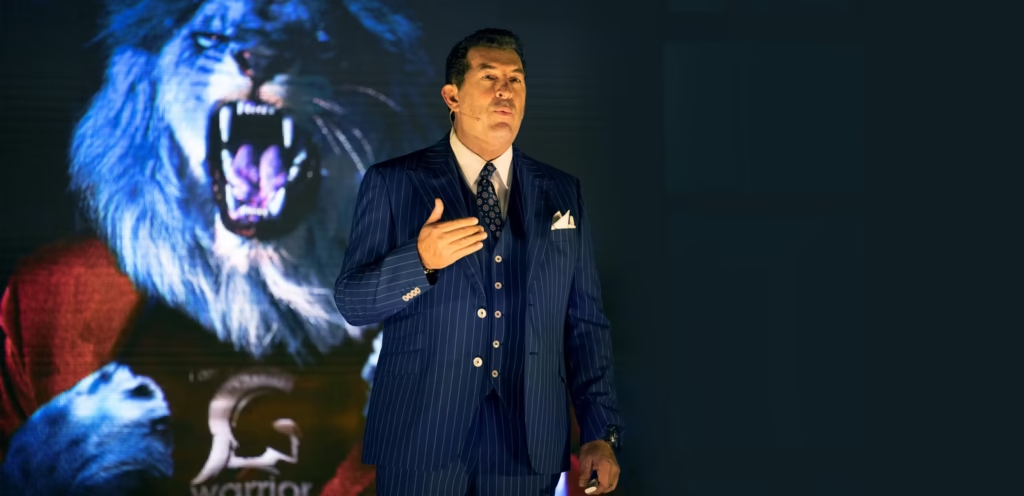In the dynamic world of direct sales, understanding a company’s founders and their history is crucial for due diligence. Today, let’s dive into Beyond Slim and its founder, Ray Faltinsky (correcting the occasional mispronunciation, such as “Ray Fatinski”). Why did Faltinsky, a veteran of the industry and co-founder of FreeLife International, shift directions to launch Beyond Slim? By examining his background, the evolution of his companies, and broader industry trends, we can better assess long-term potential and avoid scarcity mindsets that pit “us against them.”
Ray Faltinsky’s Roots in Direct Sales

Ray Faltinsky’s career in direct sales began prominently with FreeLife International, co-founded with Kevin Fournier in the mid-1990s. The company focused on wellness products, including the popular Himalayan Goji Juice, and generated over a billion dollars in cumulative sales. Faltinsky’s Yale Law degree equipped him to navigate regulatory challenges adeptly, helping FreeLife avoid major pitfalls in an industry prone to scrutiny.
However, in 2009, FreeLife faced a class-action lawsuit alleging false advertising and overpromoted claims related to products like Goji Juice and TaiSlim, particularly around health benefits and income potential. Importantly, the suit focused on misleading claims rather than fraud, and FreeLife severed ties with spokesperson Earl Mindell amid the controversy. By 2017-2018, Faltinsky and Fournier sold FreeLife to Youngevity, which acquired its juice and cosmetics lines. Faltinsky then took time off before venturing into direct-to-consumer models.
During this period, he explored energy drinks and health products sold via platforms like Amazon and Walmart.com, emphasizing influencer marketing to reduce compliance overhead and cut costs associated with traditional MLM structures. This shift highlighted a focus on clean, sugar-free formulations to combat obesity, though some products faced criticism for high caffeine content amid the rise of healthier alternatives like Verve.
The Birth and Model of Beyond Slim
Launched around 2020-2022, Beyond Slim emerged from Faltinsky’s mission-driven vision to address wellness challenges, particularly weight management, through products like the science-backed ZipSlim drink mix. The company trademarked “Social Referral Marketing™,” a hybrid retail model blending social selling with network elements, prioritizing front-end commissions for reps over deep team-building. This approach echoed early direct sales models from companies like Amway and Tupperware, where most earnings came from personal sales rather than recruitment.
Designed to sidestep regulatory risks—such as FTC penalties for overpromising income or product claims—Beyond Slim emphasized customer-focused retail and influencer-driven sales. Post-COVID, amid heightened scrutiny on MLMs, the model aimed for sustainability by rewarding part-timers and focusing on genuine product referrals. Early growth was strong, with double-digit monthly increases and a emphasis on metabolic health via programs like the “9 Reboot Rituals.”
Industry Shifts and Beyond Slim’s Recent Change
The direct sales industry has evolved significantly over the past decade, influenced by regulatory actions and consumer trends. The 2019 FTC settlement with AdvoCare, which banned the company from MLM after alleging a pyramid scheme, revealed through forensic accounting that retail-focused models could match network marketing profits while prioritizing sales over recruitment. AdvoCare shifted to direct-to-consumer, becoming a major TikTok advertiser with clean products used by athletes. Many traditional MLMs have since adopted hybrid or e-commerce strategies, gating brands on sites like Amazon to capture retail sales while funding conventions.
Beyond Slim’s initial hybrid approach didn’t achieve the explosive geometric growth from big MLM leaders. Recent news indicates a pivot to a traditional affiliate model, where affiliates earn commissions by sharing links for retail and repeat sales, with no fees or applications required. This mirrors Faltinsky’s earlier direct-to-consumer energy drink efforts, suggesting a return to roots amid economic decisions. No lawsuits or regulatory investigations appear tied to this change, pointing to a strategic adjustment for sustainability.
Industry-wide, achieving a strong customer-to-rep ratio (e.g., 3:1 or higher) is key, as most participants are consumers or part-timers focused on discounts rather than teams. Shifts like those at Modere and Rodan + Fields show companies adapting to balance growth and compliance. Direct sales isn’t dying but undergoing systematic changes every 20-25 years—from door-to-door to tech-driven replicated websites.
Implications for the Field and Future Outlook
This pivot may impact professional networkers building deep organizations, but most Beyond Slim participants—primarily customers or retail-focused reps—likely remain unaffected. With policies often requiring 30-day notices, the field response will reveal more. Faltinsky’s legal expertise and tenure position him to prioritize company legacy, though it underscores the need for reps to monitor corporate health.
As founders adapt to regulatory and market pressures, due diligence on leadership history can illuminate paths forward. We’ll continue tracking this story—DM tips to stay informed. Live well and finish strong.
Source Links
https://beyondslim.com/opportunity/affiliate-program/https://www.businessforhome.org/2023/04/beyond-slim-founder-ray-faltinsky-interview/https://en.wikipedia.org/wiki/FreeLifehttps://www.ftc.gov/business-guidance/blog/2019/10/ftc-settlement-ends-advocares-alleged-pyramid-scheme-bans-defendants-multi-level-marketinghttps://www.thompsonburton.comhttps://beyondslim.com/https://www.businessforhome.org/2023/01/industry-leader-ray-faltinsky-launches-beyond-slim/













